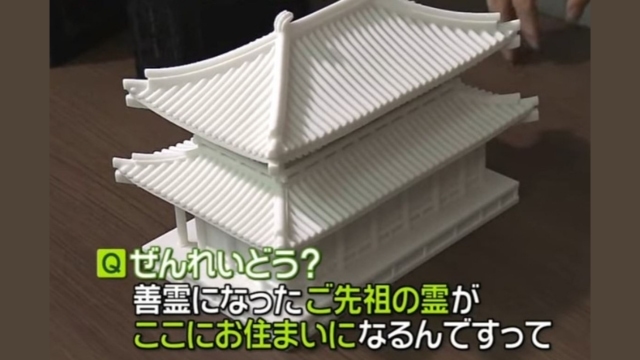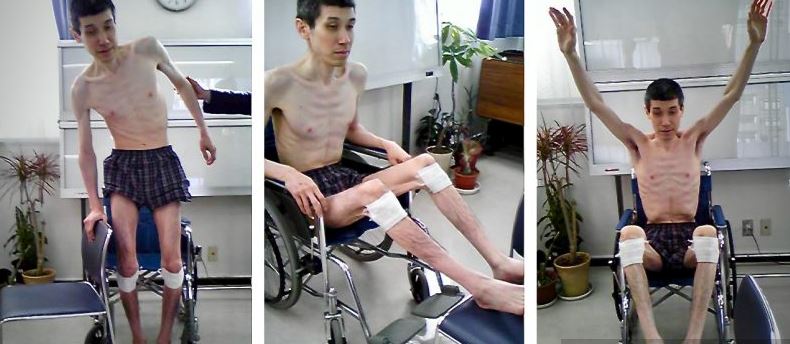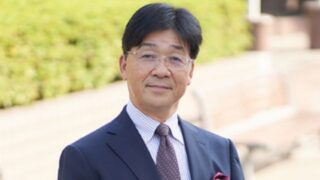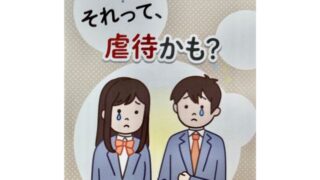The second part of the statement of an award-winning journalist requesting the competent Japanese Ministry not to dissolve the Unification Church.
by Masumi Fukuda
Article 2 of 4. Read article 1.


After reflecting about the controversies, I decided to first investigate whether the National Network of Lawyers Against Spiritual Sales is really an organization that is purely concerned with consumer issues, and to trace back the reasons for its establishment. The July 12 press conference by the Network, as well as the statements by Attorney Masaki Kito, showed that they hold an unusual hatred toward the former Unification Church. I felt there was something beyond mere consumer issues.
What has happened since then is described in the January 2023 issue of “Monthly Hanada.” To put it simply, the Network, established in 1987, has never had as its ultimate purpose to help victims of the so-called “spiritual sales,” a word used by the opponents of the Unification Church to designate the sales by some church members of items such as seals, statues, vases, miniature pagodas and others at prices significantly higher than their intrinsic value. The Network was created to prevent the enactment of the Anti-Espionage Law, which was being promoted at the time by the International Federation for Victory over Communism (IFVOC), an affiliate of the former Unification Church. At the time, Attorney Hiroshi Yamaguchi, a key member of the Network, stated at its inauguration that “Money made from spiritual sales is being used to fund the Unification Church and the IFVOC’s efforts to enact the Anti-Espionage Law.”
In other words, the lawyers in the Network believed that money made from what they called “spiritual sales” was being diverted to fund the enactment of the Anti-Espionage Law. Their purpose was to stop the “spiritual sales” to cut off the flow of money. At a symposium held at the Iwanami Seminar Hall in August 1986, Attorney Takeshi Ono of the Yokohama Bar Association, said that, “Originally, there was only one victim [of the ‘spiritual sales’], but we launched a legal defense team and got the media to cover the case, which led to the discovery of other victims.” Usually, when the number of victims of a certain practice increases, a relief organization is set up. In this case, the contrary happened: they first set up an organization and then started to look for people who would declare themselves victims.
Incidentally, the former Unification Church has never practiced any “spiritual sales,” either now or in the past. It is also not true that money made from “spiritual sales” has been used to fund the activities of the IFVOC. At that time, it was a company owned by Unification Church believers as their private and individual business that had been responsible of the sales the lawyers regarded as objectionable.


Almost all of the lawyers in the Network were affiliated with the former Socialist Party and the Communist Party, who strongly opposed the enactment of the Anti-Espionage Law, were connected with extremist groups and North Korea, and were ideologically leftists and self-styled atheists. In contrast, the former Unification Church is an anti-communist and conservative organization that opposes atheism. It is clear that this was an ideological battle between the two camps. Attorney Hiroshi Yamaguchi also clearly stated, “We want to make a big public announcement [about ‘spiritual sales’] because it will be good for containing right-wing activities, especially for preventing the passing of the Anti-Espionage Law.”
The media’s extensive coverage certainly helped “discovering the victims” of “spiritual sales.” However, Masataka Ito, then chief editor of the “Asahi Shimbun,” who was one of the first journalists to jump on the bandwagon of the “spiritual sales” campaign, revealed his true feelings at a meeting with his colleagues on October 23, 1987. “The newspapers and TV say they are victims, but 90% of the buyers of these goods we talked to said they were happy. Perhaps even 99% of the buyers, (…) but why do you report only about the 1% who are unhappy with the purchases? I have received many protests. They do have a point. In fact, less than 5% of the population claim to be victims of ‘spiritual sales.’ We took a kind of poll, and the majority of those who bought jars [one of the items sold in the ‘spiritual sales’] said they are happy with their purchase.”
From these words, coming from people opposed to the Unification Church, I became convinced that the “spiritual sales” campaign was, in the first place, a setup with a specific political agenda.
I was further surprised to learn that among those who claimed to have been “victims” of the “spiritual sales” were deprogrammed former believers who had been abducted and confined by their relatives and forced to leave their faith.
I had heard that former members of the Unification Church were abducted and confined by those who opposed the church, but I was shocked to learn the full picture through the investigation I decided to perform. Until now, more than 4,300 believers have been abducted by physical violence or deception, locked up for long periods of time in apartments or other places, and not released until they abandoned their faith. I interviewed Toru Goto, who was abducted and confined for twelve years and five months but did not give in to attempts to persuade him to leave the Unification Church. It was a horrible ordeal that I could not believe had happened in contemporary Japan. I was even more surprised to hear from Goto that this crime of abduction and confinement has been systematically perpetrated by the anti-Unification-Church camp as a routine deprogramming business.


The deprogrammers and Christian pastors approached parents and persuaded them to organize the abduction and confinement of their adult daughters and sons, telling them that “Your child has joined an evil religion and must be protected and forced to leave it.” Several believers, after long periods of confinement and deprogramming, accepted to leave the church, and were then told they should now sue the religion they used to believe in.
In the 17th century persecution of Christians in Japan, to save their life it was not enough for them to tell the authorities they had abandoned Christianity. They were asked to trample a painting of Jesus underfoot to prove they were no longer Christians. Similarly, now it was not enough for deprogrammed believers to state they were no longer members of the Unification Church. They should prove they had really left the church by claiming they had been “victims of spiritual sales,” and filing lawsuits demanding that the church return the money they had paid for the items they had purchased, such as marble vases, two-stories pagodas, seals, and other items.
The Network was thus deeply involved in this abduction and confinement business because they were the attorneys in the subsequent lawsuits filed by former believers against the church. There were lawyers who became rich through these cases, as did deprogrammers and Christian pastors involved in the abductions, who received substantial amounts of money from the relatives of the believers they deprogrammed. When the lawyers were consulted by the believers’ parents, they first introduced them to the deprogrammers. If and when deprogramming was successful, the lawyers took over from the deprogrammers as “handlers” of the former believers, made them plaintiffs, and filed lawsuits. The anti-Unification-Church group, including Attorney Kito and journalists Yoshio Arita and Eight Suzuki, still defends deprogramming to this very day, and claims it was performed to “protect” the former members of the Unification Church.
I wrote about the details of the abduction and confinement process in the December 2022 issue of “Monthly Hanada,” but when I asked Attorney Kito for an interview about deprogramming, he was completely unwilling to respond. The Network has often called the former Unification Church an “anti-social organization” and a “cult,” but I believe that these labels may be more appropriately used for an organization deeply involved in deprogramming and in illegal practices of abduction and confinement.








